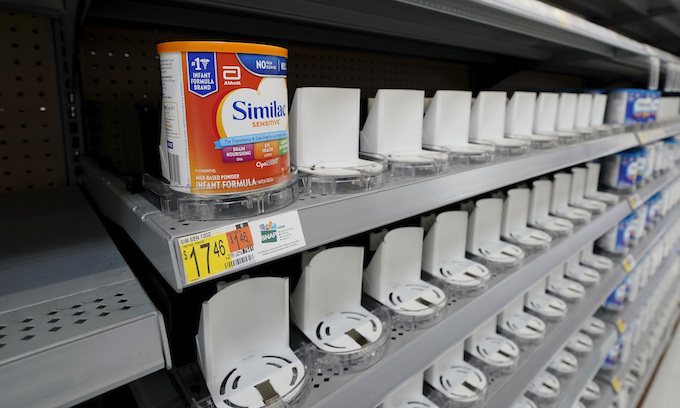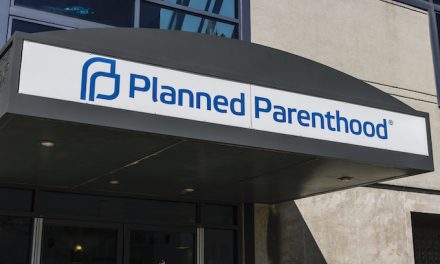Abbott Laboratories and the U.S. Food and Drug Administration have come to an agreement on the steps the company needs to take before it can restart production of infant formula at a Michigan facility, Abbott said Monday.
Abbott has entered into a consent decree with the FDA, which must still be approved in court, the company said in a news release. The exact terms of the agreement were not immediately clear Monday afternoon.
Former employee blows whistle on baby formula production plant tied to outbreak – Food Safety News
“I am equally concerned that the FDA reacted far too slowly to this report. The report was submitted to the FDA on October 20, 2021. The FDA did not interview the whistleblower until late December 2021. According to news reports, FDA did not inspect the plant in person until January 31, 2022, and the recall was not issued until February 17, 2022.”
North suburban-based Abbott said that it expects to be able to restart production within two weeks, once the FDA determines Abbott has met the initial requirements of the agreement. Once it resumes production, Abbott could have some of its formulas produced at the plant back on store shelves within six to eight weeks after that.
Abbott Chairman and CEO Robert Ford called it a “major step” toward re-opening the Michigan facility, in the news release.
“We know millions of parents and caregivers depend on us and we’re deeply sorry that our voluntary recall worsened the nationwide formula shortage,” Ford said. “We will work hard to re-earn the trust that moms, dads and caregivers have placed in our formulas for more than 50 years.”
Abbott recalled a number of the infant formulas produced at its Sturgis, Mich., plant in February as the FDA announced that it was investigating complaints of Cronobacter sakazakii infections among four babies who reportedly consumed formula made there. All four babies were hospitalized, and Cronobacter may have contributed to two babies’ death, according to the FDA.
At the time, Abbott recalled its Similac, Similac Alimentum and EleCare powder formulas made at the plant.
The FDA inspected the facility from January 31 through March 18 and found five environmental subsamples collected from the Sturgis facility to be positive for Cronobacter sakazakii, though product samples collected by the FDA at the facility were negative for Cronobacter.
Abbott said the Cronobacter that was found in environmental testing during the investigation was in “non-product contact areas of the facility and has not been linked to any known infant illness.”
The FDA also, however, found issues with certain processes and procedures at the plant, during its inspection.
Abbott said it has addressed those issues. It has reviewed and updated its education, training and safety procedures for employees and visitors; updated its protocols related to water and cleaning and maintenance procedures; and has been upgrading the plant, including by installing nonporous, “easily cleanable and sanitary floors,” Abbott said in a statement.
Infant formulas have been tough to find for months, with the recall exacerbating a shortage caused partly by supply chain issues.
In the Chicago area, about 34% of formulas were out of stock at local stores the first week of May, up from 28% at the beginning of March, according to Datasembly, a company that scrapes data from retailers’ publicly available websites and apps to gauge product availability. During the first half of 2021, only about 2% to 8% of formulas were out of stock nationwide.
Many grocery stores and retail pharmacy chains, including Jewel-Osco, Walgreens and CVS Health, are limiting how much formula people can buy at once.
©2022 Chicago Tribune. Visit chicagotribune.com. Distributed by Tribune Content Agency, LLC.
—-
This content is published through a licensing agreement with Acquire Media using its NewsEdge technology.



















In reading the article I find a real lack of what the FDA was actually doing since the March inspections and while the corrections were being made. Something just doesn’t quite add up!
I’ve added a link to the story that gives more information on events between the FDA and Abbott. It also includes some background on problems at the plant. The FDA got the whistleblower’s report in October of last year, 8 months ago. Follow the link and see what you make of it.
https://www.foodsafetynews.com/2022/04/former-employee-blows-whistle-on-baby-formula-production-plant-tied-to-outbreak/
Thanks for the additional info …